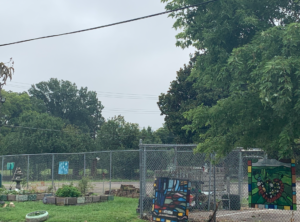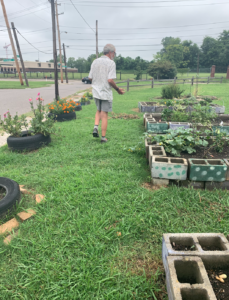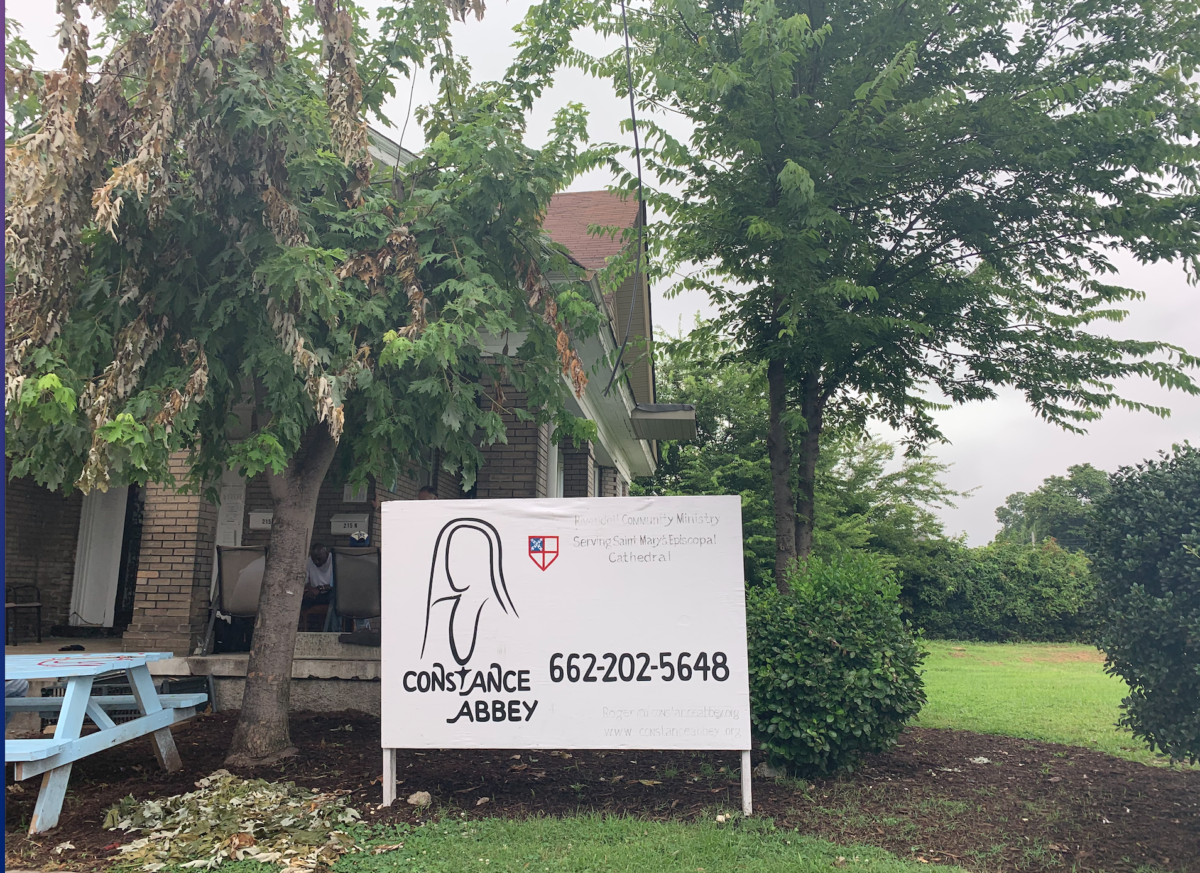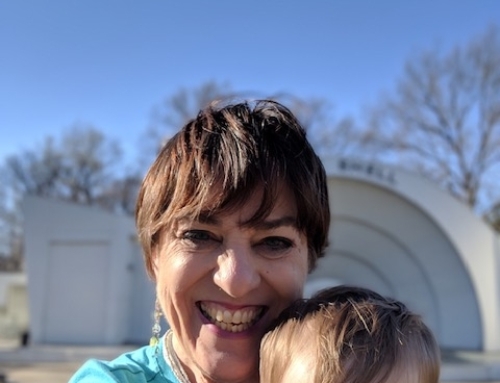Looking at it from the street, I saw two quaint Craftsman-style houses with large porches, mature trees, and colorful picnic tables dotting the yard. Though these features make Constance Abbey nostalgic and welcoming, the social enterprise encompasses much more than what initially meets the eye.

Constance Abbey’s mission is to, “bring unconditional love, compassion, and kinship to the people who need it the most.” By living in the neighborhood they serve, founders Roger and Margery Wolcott are able to build intentional relationships within their community and offer specific services of momentous impact. Constance Abbey is dedicated to providing over 150 cups of coffee, sandwiches to over 50 people, toiletries and utilities for over 20 showers, and hours of counseling on a daily basis. Even further, with programs such as a community garden, Bible studies, a free clothing closet, yoga and art classes, and laundry services in place, the organization is regularly looking for volunteers.

During my visit with the ministry, I was one of many people working together to provide a free change of clothing and a hot shower to those in the surrounding neighborhood. By helping sort donated clothes so that the Clothing Closet remains fully stocked and connecting with those who came to obtain clothing, I gained insight into the extensive effort and substantial reward associated with Constance Abbey’s work.
While at the Clothing Closet event, I noticed that key volunteers who had been serving for multiple years came from many stages of life, ranging from teens and young adults to people of retirement age. Later, amidst conversation, Julie McClanahan told me just how impactful volunteering can be, especially for retired individuals. She said, “I think that anything that gives you a reason to get up in the morning and help other people is a positive thing. You don’t have to volunteer 20 or 30 hours per week. Any kind of time that you can give enlightens you, it helps you socially, and it helps you physically and mentally. I think we are all put on this earth to give back.”
Upon exploring the topic further, I discovered several recent studies that strongly support her assertions. According to research conducted by the Corporation for National and Community Service, volunteering improves longevity and quality of life, more so than marriage, income, or education level. It was determined that 67% of retirees who reported feeling a lack of companionship before volunteering experienced an increase in meaningful social interactions after beginning to serve the community. Even further, the US Census Bureau and the Centers for Disease Control found that volunteer work often increase one’s physical activity, helping keep retirees in shape, and has been linked to lower incidences of heart disease.

Beyond the valuable social and physical impact of serving, there are important emotional and mental benefits to volunteering as a retiree. Like McClanahan mentioned, service allows seniors to become more enlightened on the world around them, giving them an opportunity to share their life experiences, learn new ways of looking at the world, and build connections with diverse age groups. Additionally, volunteer opportunities allow retirees to participate in activities that are meaningful, productive, and have personal significance. In turn, their brains remain active, something that the National Institute on Aging says may lower the risk of dementia and other health problems.
No matter the age or stage of life, volunteer work is a universal and highly impactful venture that benefits those on both the giving and receiving ends. Whether you are a retiree looking for a way to give back to the community on weekdays, a student looking to expand your perspective of the world, or anyone in between, there is a place for you to serve at Constance Abbey and other indispensable organizations. Make sure to go to www.volunteercompass.com to connect with these enterprises.




